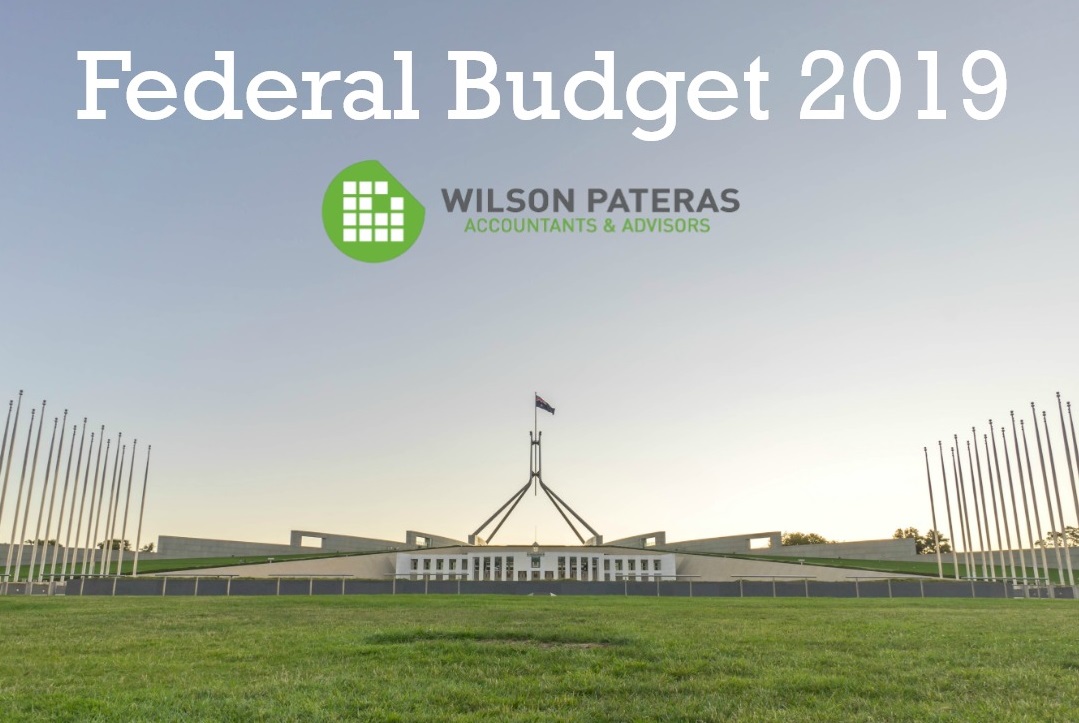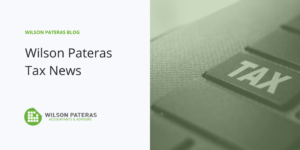
What impact could the 2019-20 Australian Budget have on you, or your business? We have reviewed the 2019-2020 Australian Federal Budget, and have selected the top 7 tax changes that may impact our clients. Here they are!
Personal income tax
1. Changes to personal income tax rates
The Government has proposed the following changes to the personal income tax rates.
From 1 July 2022, the Government will increase the upper threshold of the 19% personal income tax bracket to $45,000. The rates below do not include the Medicare Levy.
Changes affecting business taxpayers
2. Increasing and expanding access to the instant asset write-off
The Government has announced that it is increasing and expanding access to the instant asset write-off with effect from 7:30PM (AEDT) on 2 April 2019 (i.e.,’Budget night’) until 30 June 2020.
The Changes in this regard are twofold, as follows:
- Increasing the instant asset write-off threshold from $25,000 to $30,000. The threshold applies on a per asset basis, so eligible businesses can instantly write off multiple assets.
- Making the instant asset write-off available to medium sized businesses (the instant asset write-off is currently only available to eligible small businesses). A medium sized business for these purposes is one with aggregated annual turnover of $10 million or more, but less that $50 million.
3. Proposed Division 7A changes deferred
The Government has announced that it will defer the ‘start date’ of the proposed Division 7A changes by one income year, from 1 July 2019 to 1 July 2020.
4. Expanding Single Touch Payroll
The Government has announced that it will support the expansion of the data collected through Single Touch Payroll (‘STP’) by the ATO and the use of this data by Commonwealth agencies.
STP data will be expanded to include more information about gross pay amounts and other details. These changes will reduce the compliance burden for employers and individuals reporting information to multiple Government agencies.
Furthermore, from 1 July 2020, the Government will simplify and automate the reporting of any employment income for welfare (i.e., social security) recipients through STP.
Changes to the superannuation contribution rules
5. Removing the work test for those aged 65 and 66 years
6. Access to the ‘bring-forward rule’ for those aged 65 and 66 years
The Government has announced that it will allow those aged 65 and 66 to make up to three years of non-concessional contributions under the bring-forward rule (without satisfying the work test).
This means that taxpayers up to the age off 66 years old can still make tax deductible personal contributions to superannuation without the need of being employed.
7. Increasing the age limit for spouse contributions
Individuals up to and including the age of 74 will be able to receive spouse contributions (with those 65 and 66 no longer needing to meet a work test).
Currently, those aged 70 and over cannot receive spouse contributions.
If you have any questions or would like further information, please don’t hesitate to contact us.
The Wilson Pateras Team
Ph: 03 8419 9800





